1 November 1940
Turkey declared neutrality
in the Greco-Italian War.
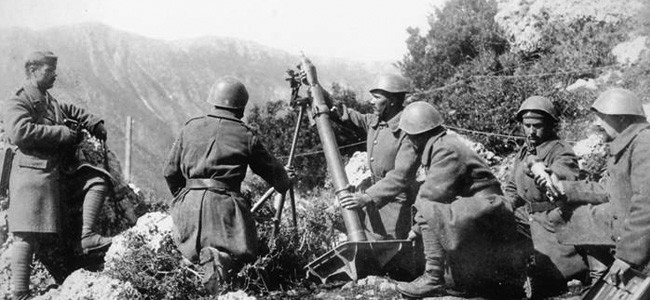 |
2 November 1940
German U-boat U31 was
depth charged and sunk by HMS Antelope with the loss of 2 of her
46 crew, and the rest became prisoners of war.
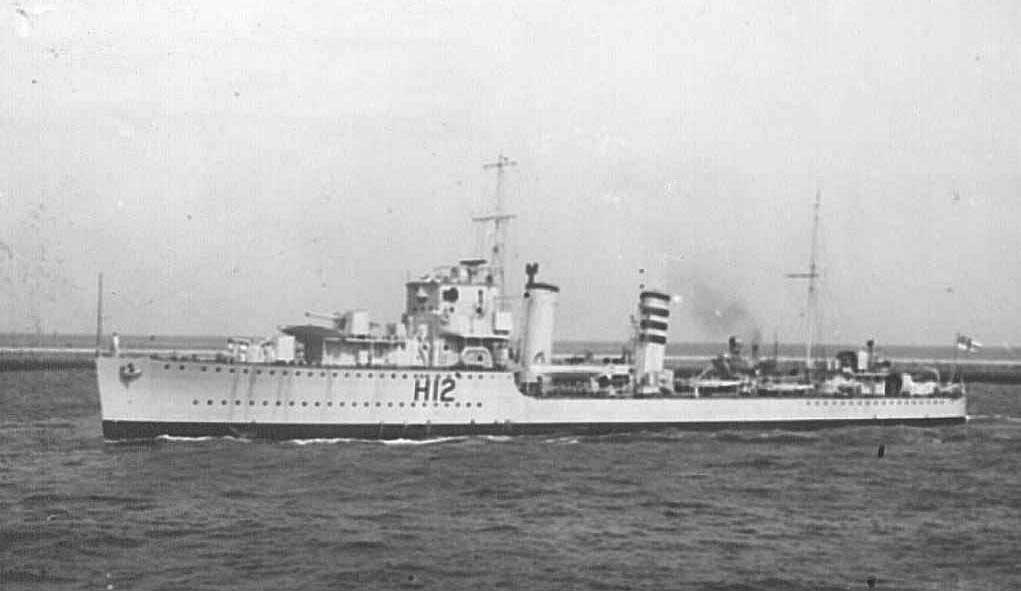 |
3 November 1940
After 57 consecutive
nights of bombing since the Blitz began London went a night
without being bombed.
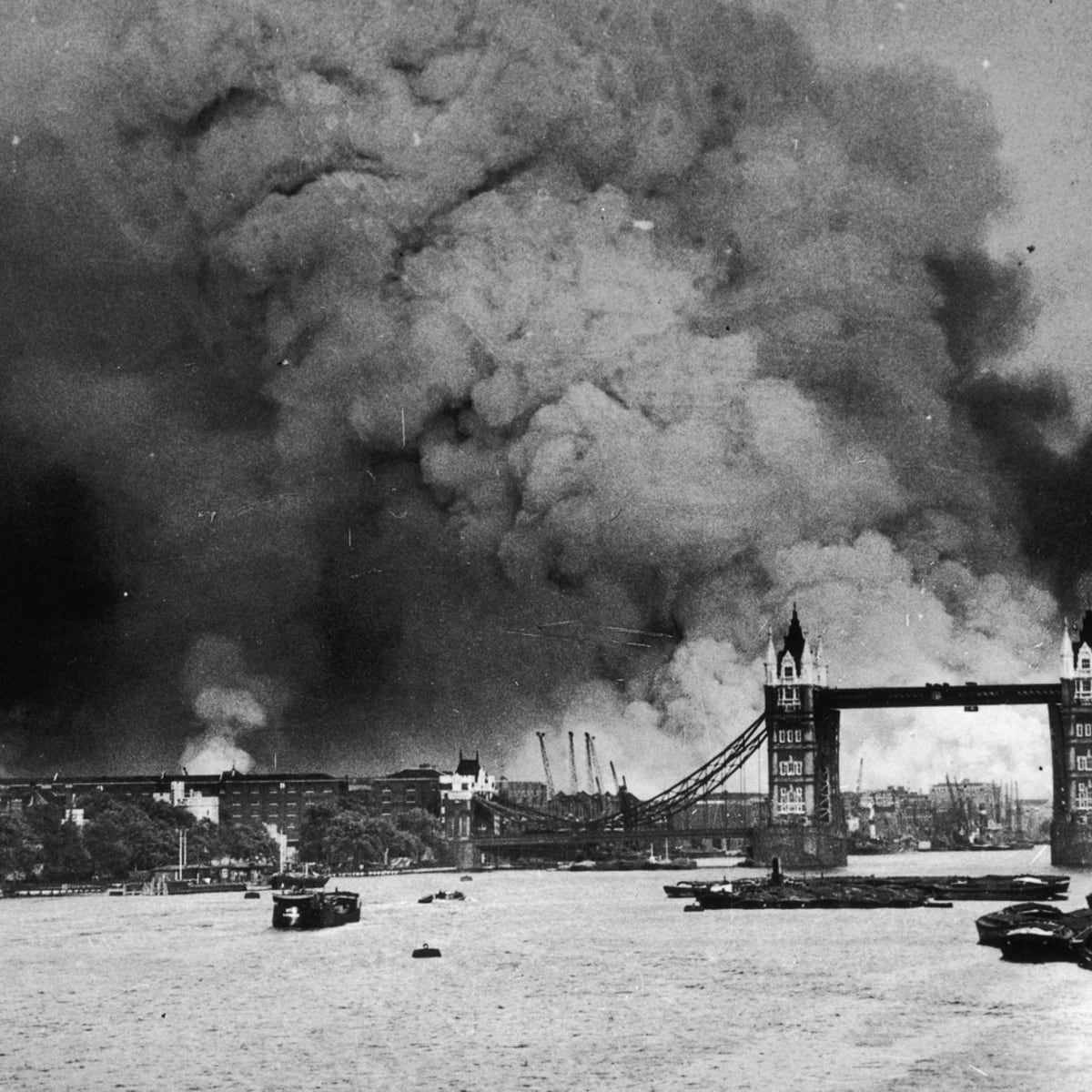 |
4 November 1940
The Royal Navy began
operations to protect supply convoys in the Mediterranean Sea.
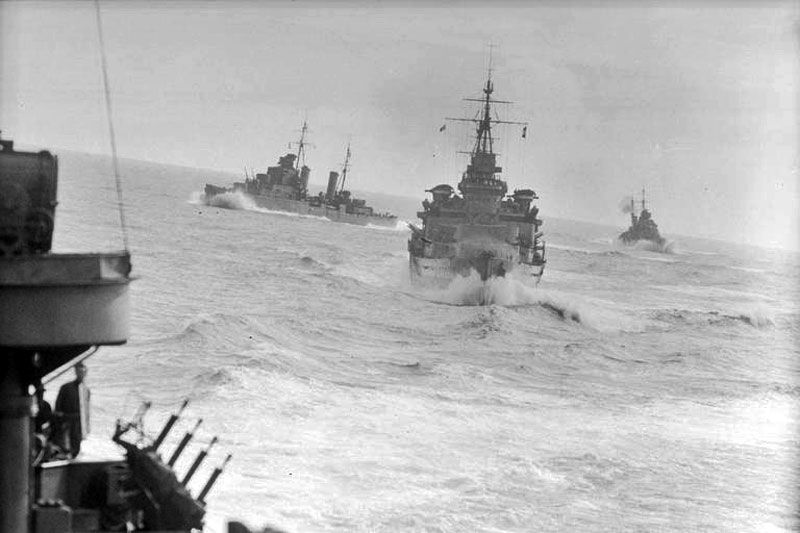 |
5 November 1940
In the House of Commons it
was reported that 45 000 troops were still under canvas in Great
Britain.
To improve the conditions of British prisoners of
war, large quantities of under garments, battle dress, and great
coats have been sent from War Office stocks, to the British Red
Cross and the International Red Cross at Geneva for despatch to
all prisoner of war camps in Germany.
The tanker MV San
Demetrio, carrying aviation fuel, was shelled by the German
Admiral Scheer and set on fire in the Atlantic Ocean. She
was abandoned by her crew. 25 survivors were rescued, the
other 16 re-boarded the ship on 7th November and reached the
Clyde on 16th November. The 16 were able to claim the
salvage money for the ship.
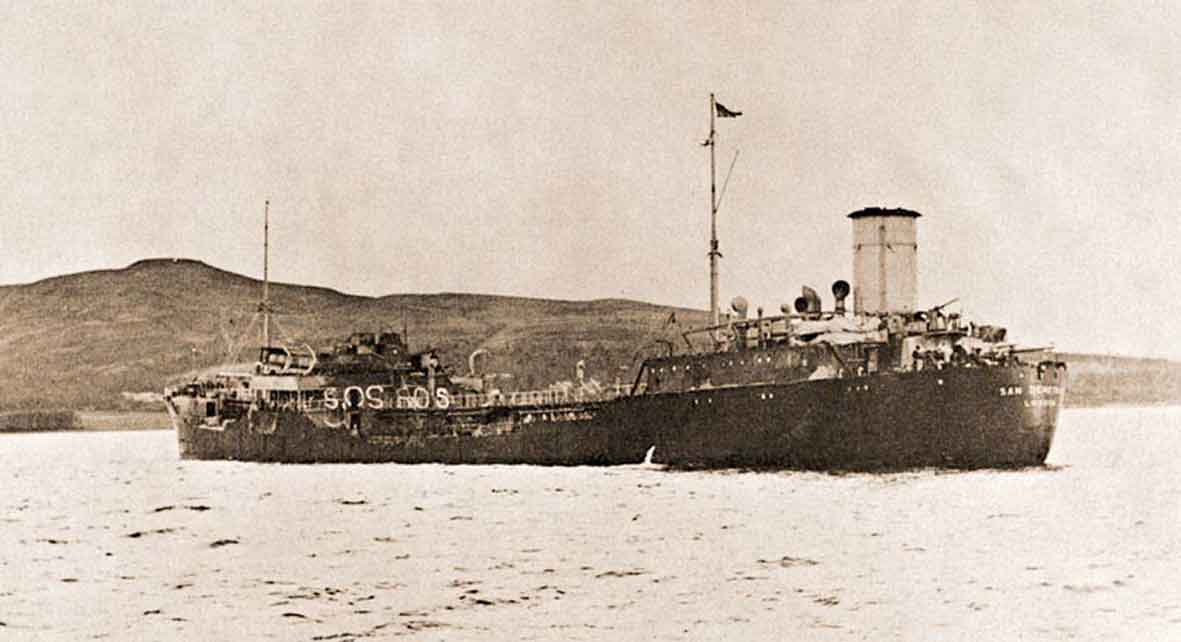 |
6 November 1940
150 fully equipped 35mm
mobile cinemas have been ordered for the Military.
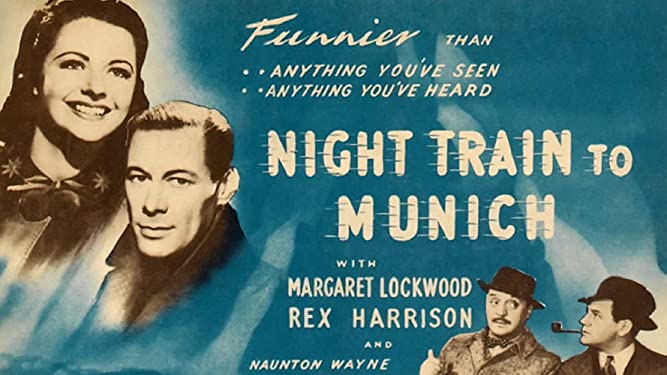 |
7 November 1940
The Irish rejected a
British request that strategic naval ports and air bases on
Irish territory could be used by the British.
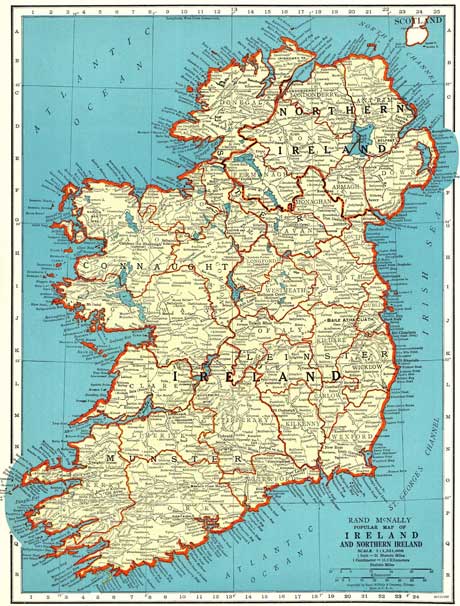 |
8 November 1940
The American steamship SS
City of Rayville hit a German naval mine and sank in the Bass
Strait, off Cape Otway, Australia. This was the first US
vessel lost during the Second World War. 110 mines had
been laid by the captured Norwegian tanker 'Passat'.
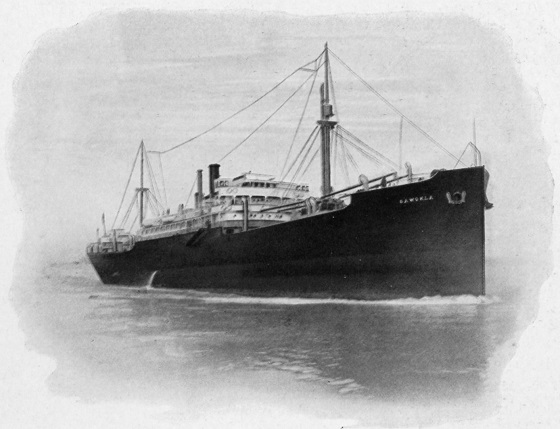 |
9 November 1940
The Mediterranean Fleet
harass Italian lines of communications in Libya by bombing Sidi
Barrani.
Former Prime Minister Neville Chamberlain died on
this day.
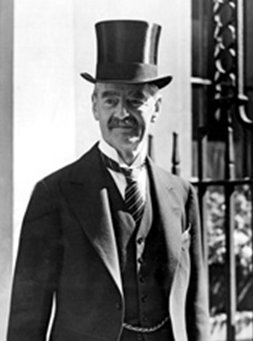 |
10 November 1940
The first aircraft to be
ferried from Gander, Newfoundland to the United Kingdom, seven
Lockheed Hudson bombers, landed at Aldergrove in Northern
Ireland after a 10 hour 17 minute flight.
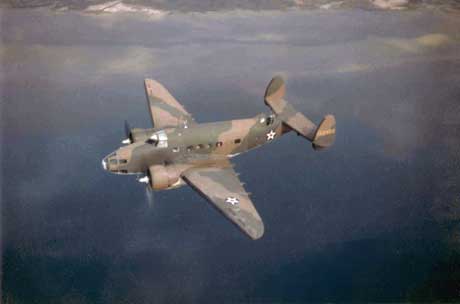 |
11 November 1940
The Battle of Taranto,
off Taranto, Italy, took place. The Royal Navy launched
the first all aircraft ship to ship naval attack. 21
biplane torpedo bombers from HMS Illustrious attacked the
Italian fleet at anchor in Taranto Harbour. The Italian
fleet lost half of its capital ships in one night. Lessons
learnt from the torpedo bombers were put into use by the
Japanese when they attacked Pearl Harbour in December 1941.
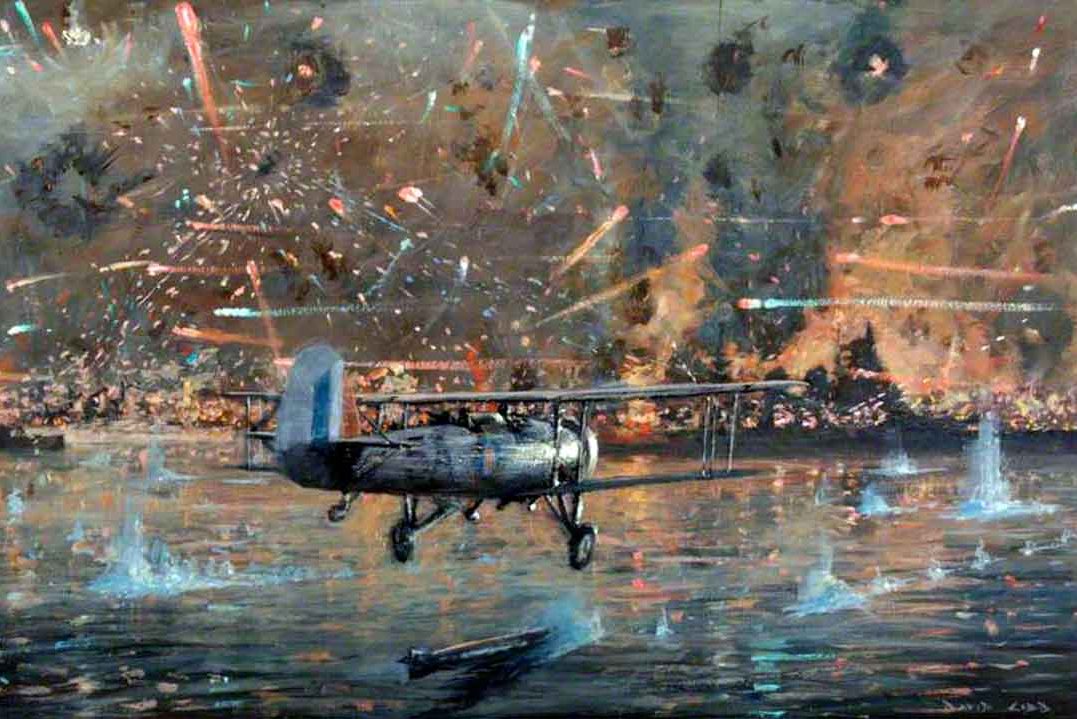 |
12 November 1940
The Battle of the Strait
of Otrato ended in Allied Victory in the Adriatic Sea, between
Italy and Albania.
It was reported in the
House of Commons that 44 000 British prisoners of war were held
by the Germany and Italy
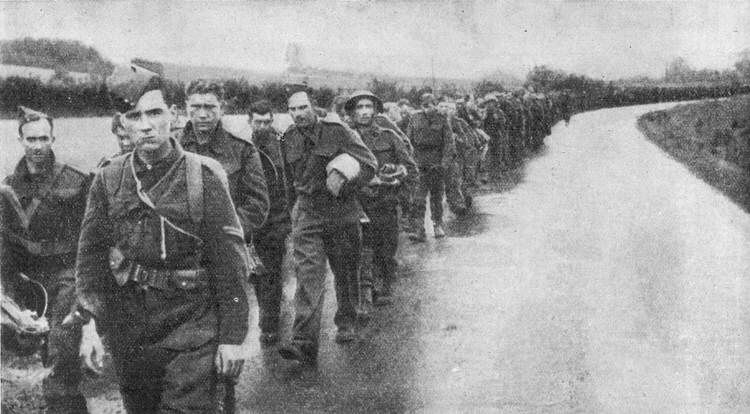 |
13 November 1940
BBC Radio included 'Over
Here' a broadcast of a show given at an aerodrome 'somewhere in
England' by American Artists over here, as a humble gesture to
the Royal Air Force.
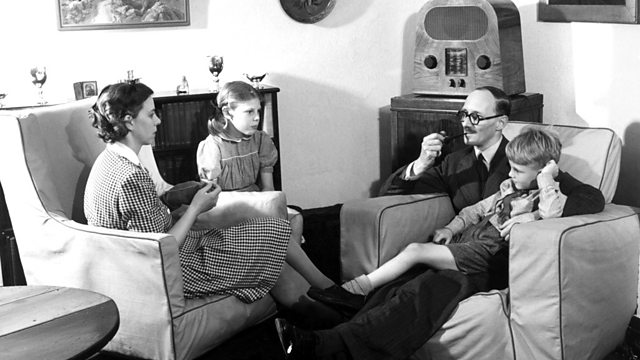 |
14 November 1940
The most devastating
attack of the Coventry Blitz occurred.
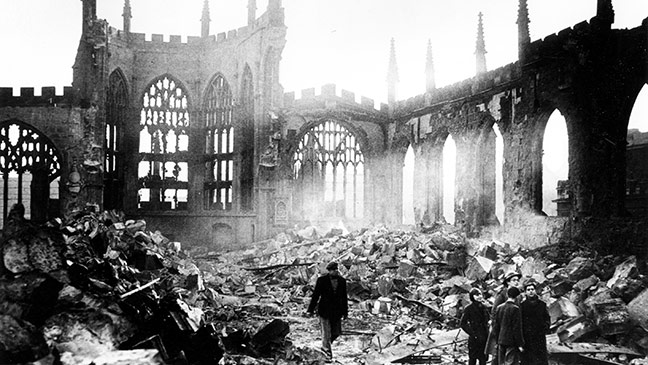 |
15 November 1940
In Lancaster it was
reported that the number of refugees, evacuees etc billeted in
the city totalled 2009, not including family members.
There were 450 evacuated teachers and school children; 700
workmen on government contracts; 700 civil servants; 140
munitions workers; and 171 from two departments of a London
Technical College.
The 7th Battalion, King's
Own was converted from a pioneer battalion to an infantry
battalion.
|
16 November 1940
The Warsaw Ghetto was
sealed, cutting off 380 000 Jews from the rest of the world.
The Royal Air Force bombed Berlin, Hamburg, and Bremen and other
cities in retaliation for the Coventry bombing.
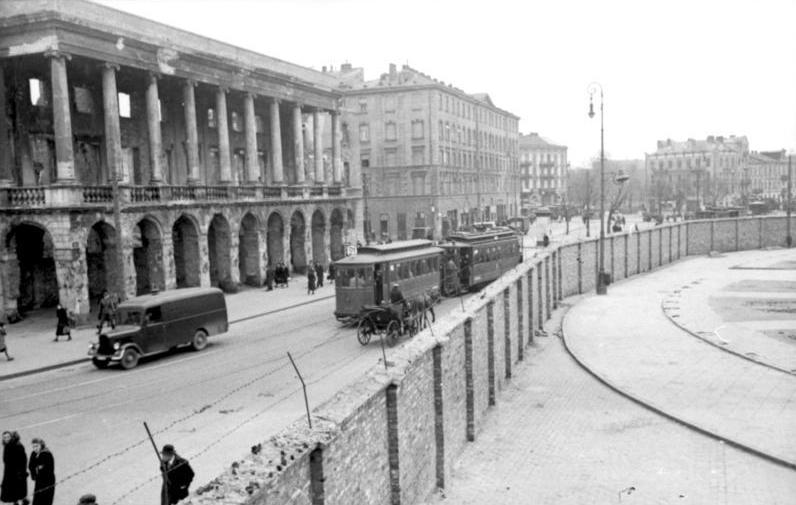 |
17 November 1940
The British attempted
Operation White, an attempt to deliver 14 aircraft from the
carrier HMS Argus to Malta, but only five planes made it due to
bad weather and the presence of the Italian Fleet. Many of
the aircraft simply ran out of fuel and had to ditch in the sea,
with the loss of both the plane and the pilots.
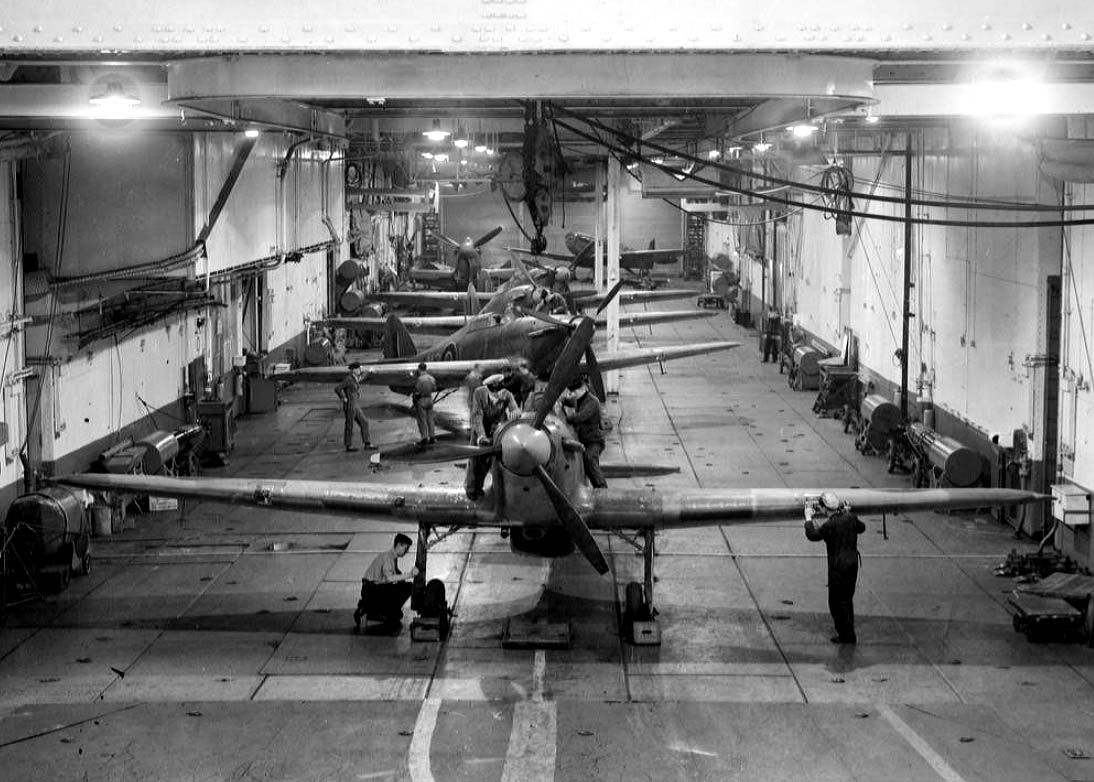 |
18 November 1940
Airborne radar was
successfully used by the RAF for the first time.
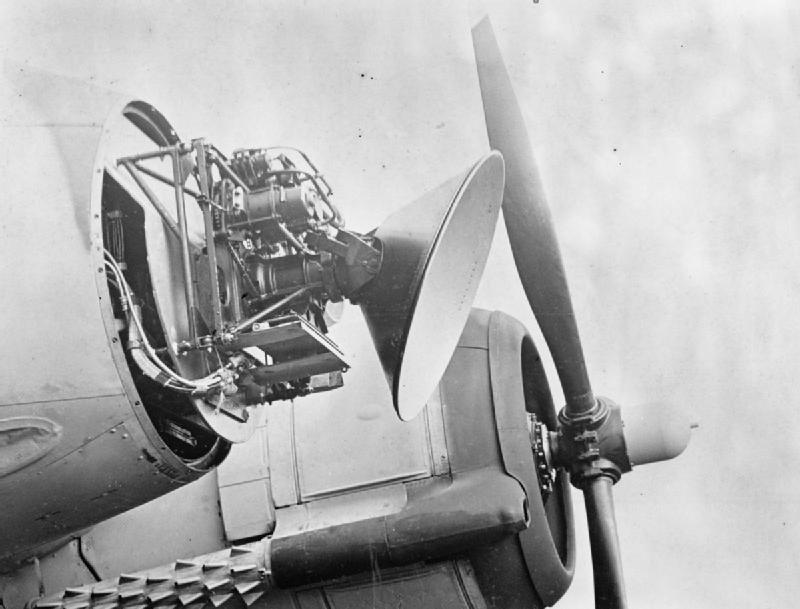 |
19 November 1940
Private Job Witton of the 5th King’s Own, who had been captured
in Northern France on 29th May 1940, departed Gibraltar for
home, after escaping the Germans and travelling through occupied
France, Vichy France and neutral Spain. Job's
successful escape saw him awarded the Military Medal.
It was reported that 100
members of the House of Commons were serving in His Majesty's
Forces.
About 900 people were killed in a German bombing raid
of Birmingham.
In Lancaster, the generation station on Caton
Road was to be camouflaged following instructions from the
Ministry of Home Security.
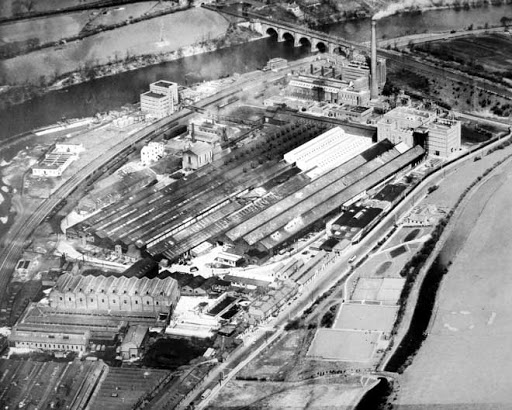 |
20 November 1940
It was reported in the
House of Commons that the suggestion of issuing identity discs
to civilians, to assist in identification of bodies killed in
air raids, was under examination.
In Lancaster, the pond near
the south west entrance to Williamson Park had been granted to
the King's Own Infantry Training Centre for training. It
was to be used for the construction of light bridges and the use
of assault boats.
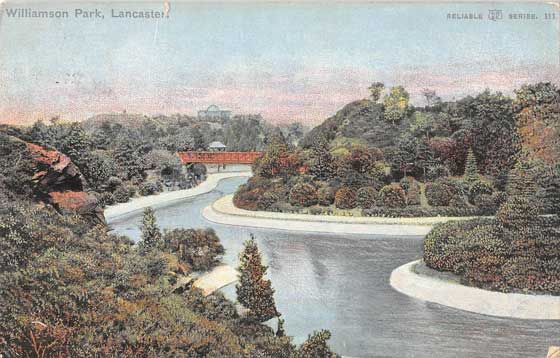 |
21 November 1940
Italian forces were
pushed back into Albania by the Greeks.
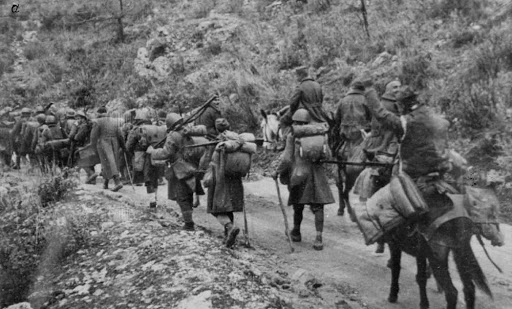 |
22 November 1940
In Lancaster, following
War Weapons week the City Treasurer was able to invest the sum
of £15 000.
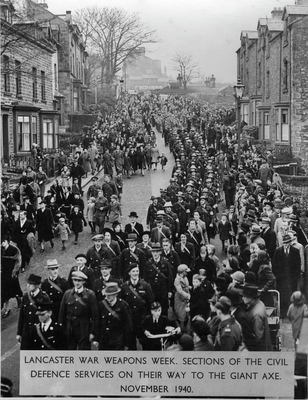 |
23 November 1940
An air raid over
Southampton killed 77 and injured 300.
The Belgian government
in exile in London declared war on Italy.
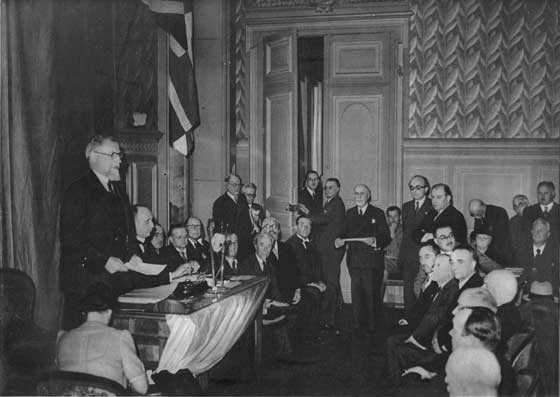 |
24 November 1940
The first major air raid
took place on Bristol took place. 12 000 incendiary bombs
and 160 tons of high explosive bombs started more than 70 fires
and killed 207 people. Thousands of houses were destroyed
or damaged.
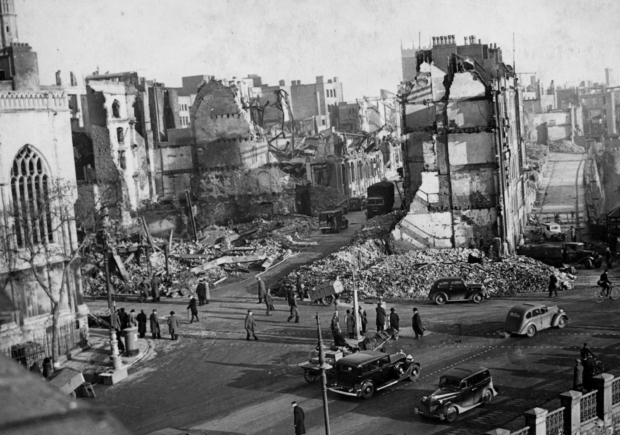 |
25 November 1940
The De Havilland Mosquito
prototype bomber took its first flight. It was introduced
into Royal Air Force service one year later, nearly 8000 being
built. Wings, spars, flaps and leading edges were
made at the Waring and Gillow furniture factory in Lancaster.
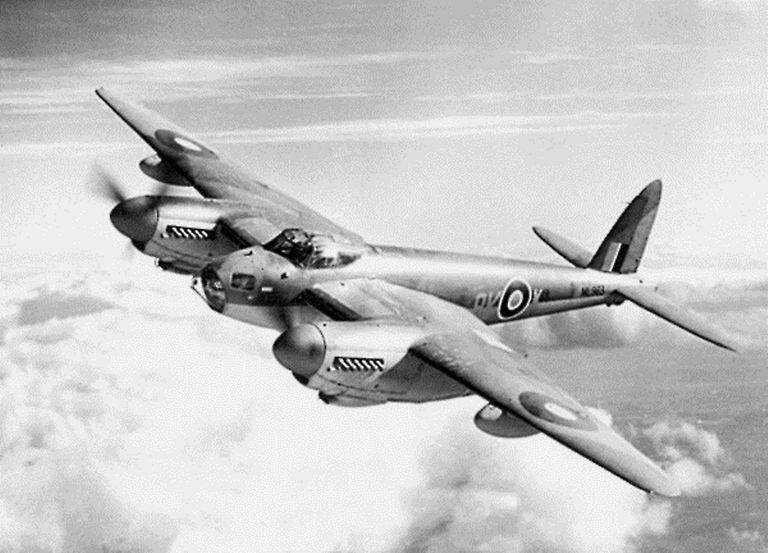 |
26 November 1940
The BBC Radio broadcast
for today including exercises for men and women 'Up in the
Morning Early', 'The Kitchen in Wartime' Christmas Dinner 1940,
and Music While You Work by a Grand Accordion Band
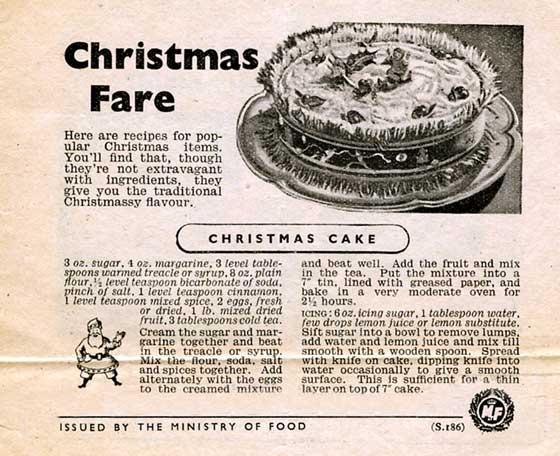 |
27 November 1940
A Messerschmitt Bf109
'Black 12' crash landed at RAF Manston, after suffering damage
from a Spitfire. The aircraft was recovered and repaired
and used for evaluation purposes.
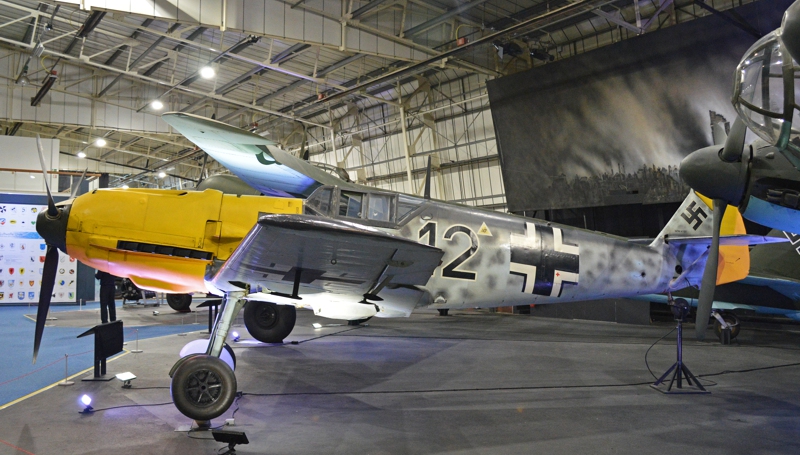 |
28 November 1940
The Germans bombed
Liverpool, killed 166 civilians.
In Lancaster the King's Own
Royal Regiment played a football match on Giant Axe Field.
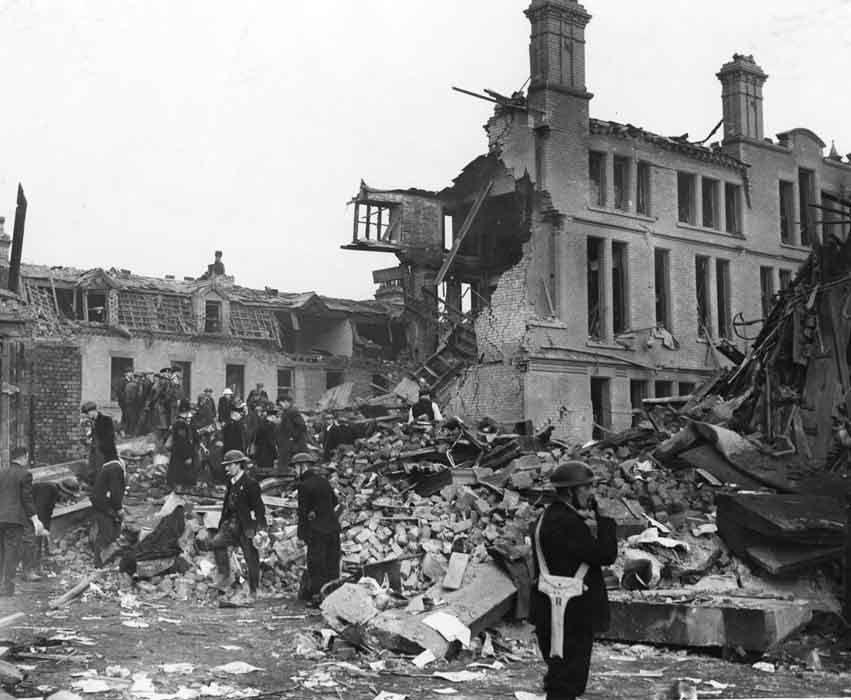 |
29 November 1940
German Military Leaders
issued a draft plan for the German invasion of the Soviet Union.
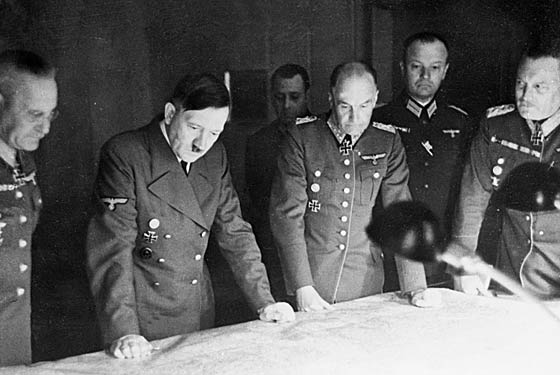 |
30 November 1940
A six hour air raid
attack took place on Southampton, killing 137 people.
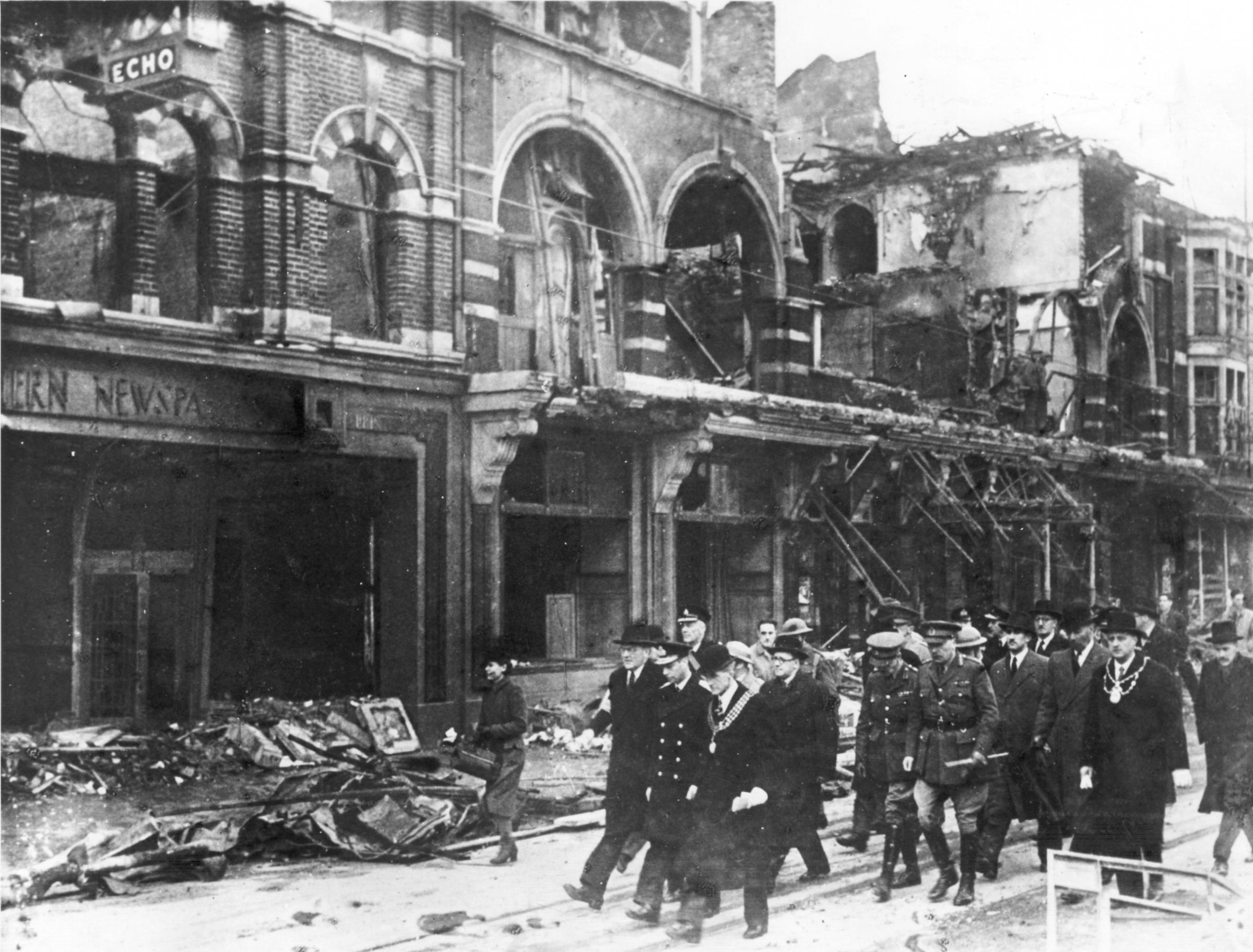 |






























